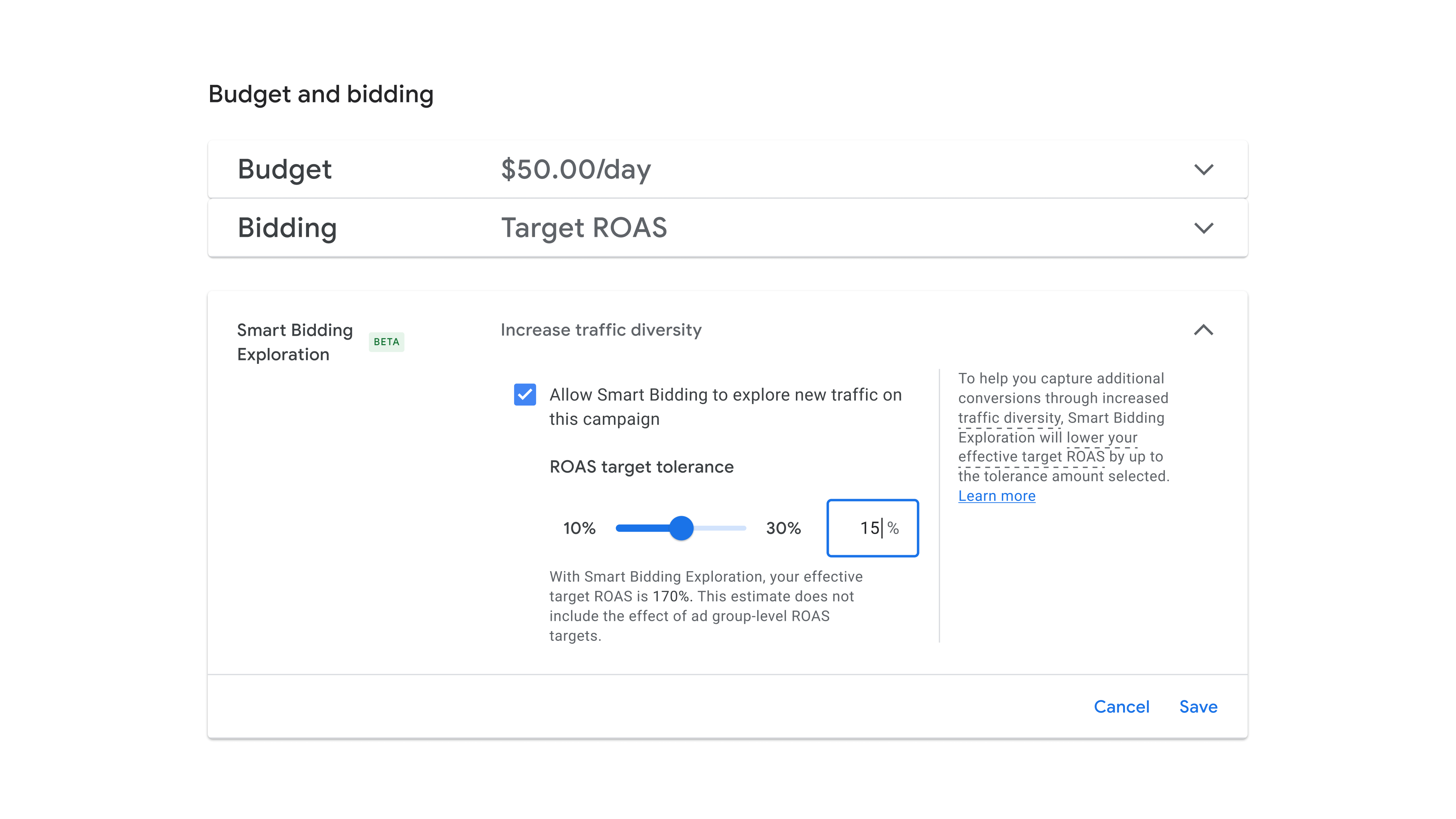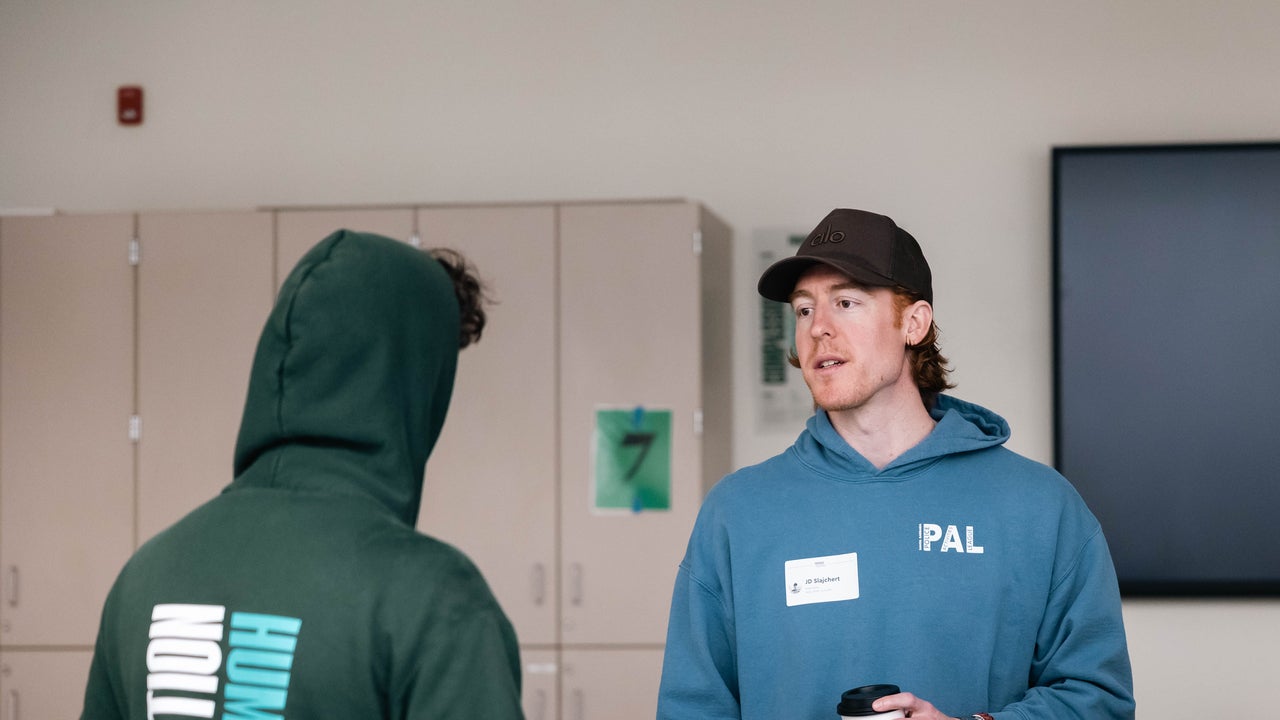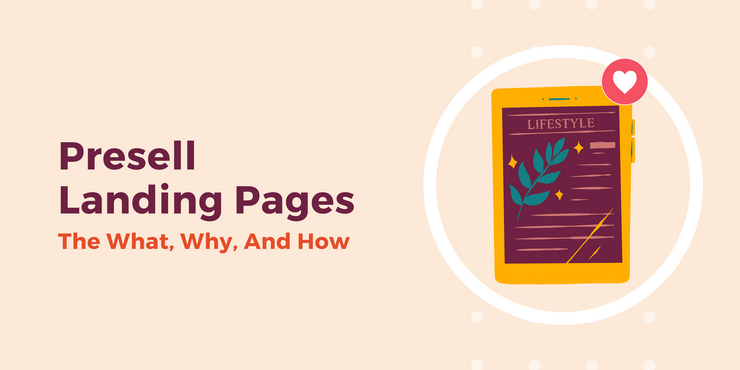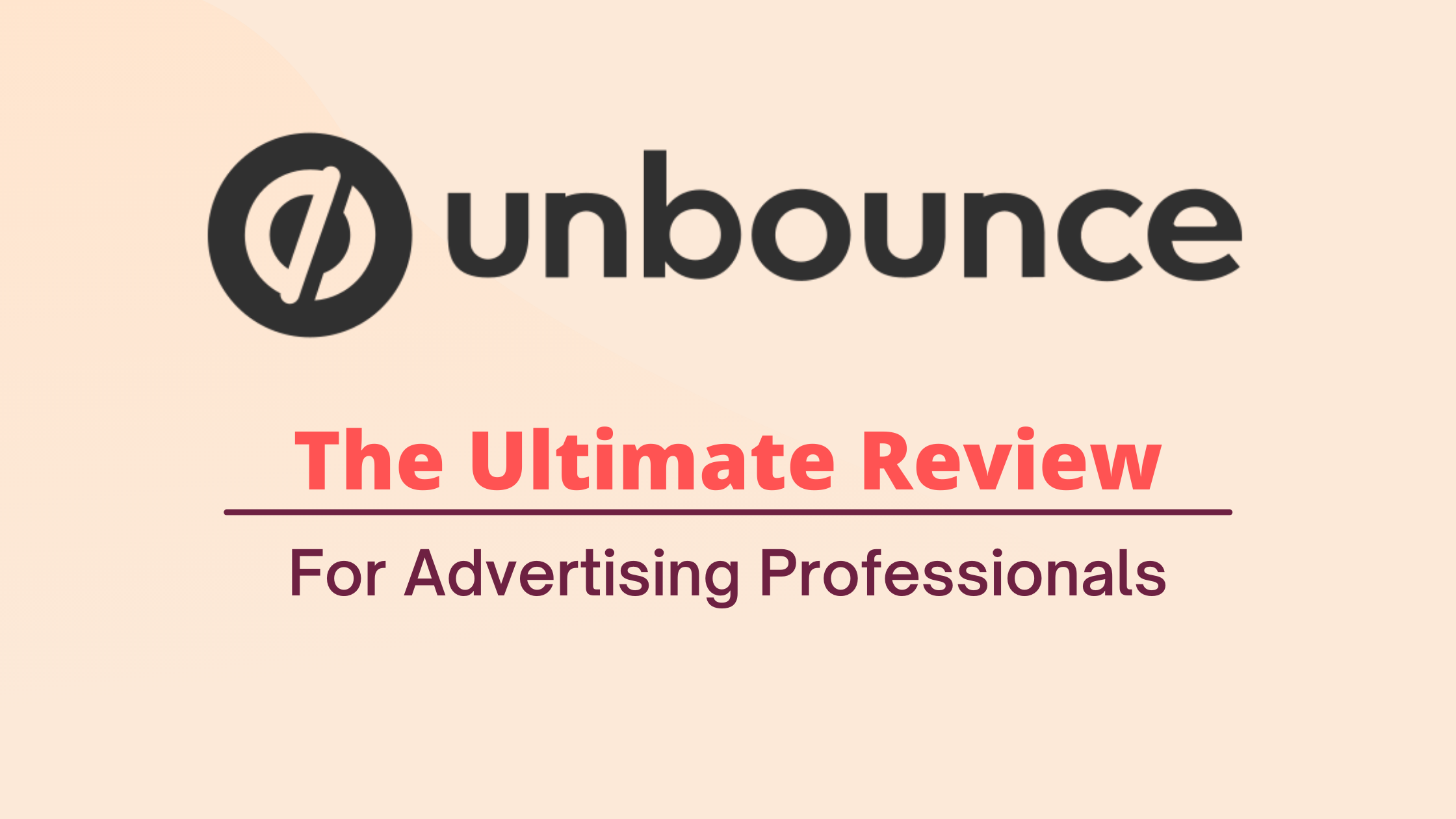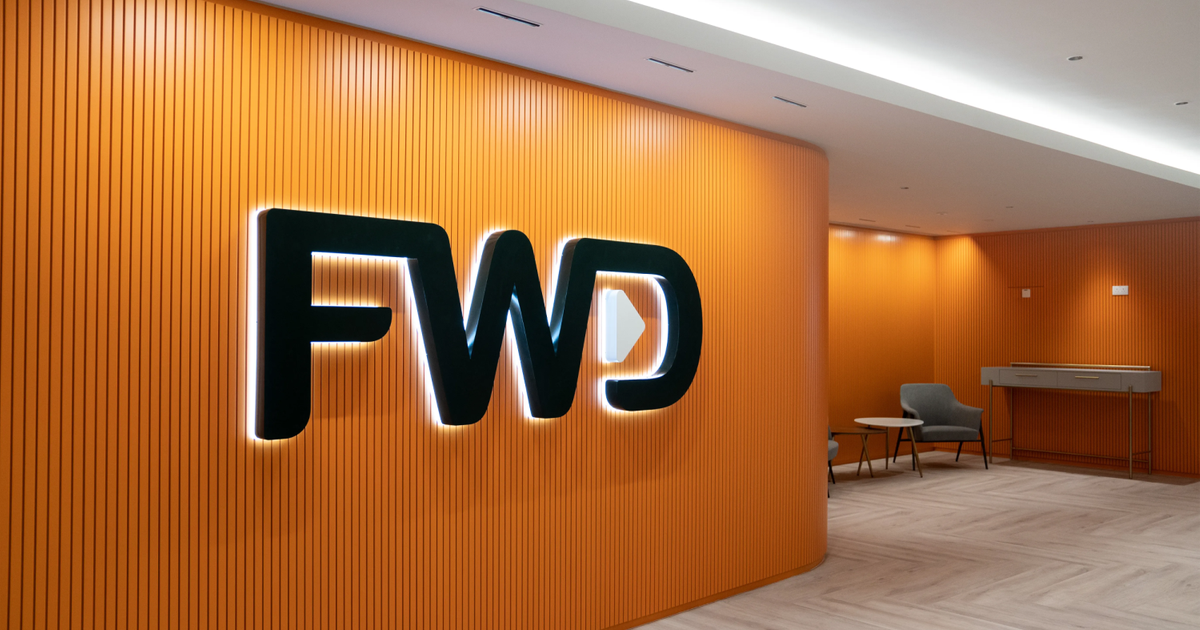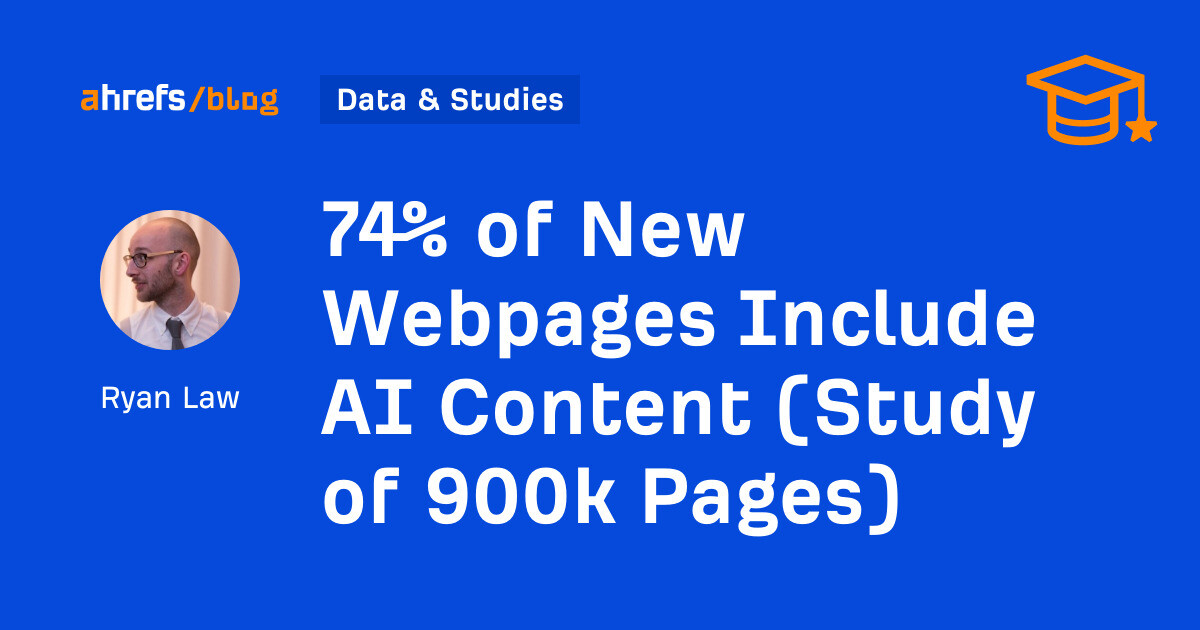Why L.A. agency Imprint Projects is closing its doors
The nearly 12-year-old agency is known for its work with Levi’s, Spotify, Sonos and more.

Imprint Projects, a nearly 12-year-old Los Angeles agency that opened out of a bookstore, is shutting down.
The founders of the agency, who began with no ad experience, say multiple factors played into the decision, including decreased demand for long-term projects and a pandemic-induced shift in the experiential landscape.
Another factor was that Imprint Projects' positioning—a “post-advertising” agency focused on linking brands with communities such as activists and creatives—was relatively unique when the agency started but is now more commonplace. Since 2011, Co-Founder and Creative Director David Jacob Kramer said the agency’s approach of being a challenger to traditional agencies has become more widely adopted across the industry.
Imprint Projects won consecutive Ad Age Small Agency awards in 2018 and 2019.
Natural endpoint
Ultimately, the partners decided to close the agency at the end of the year as its current projects finish.
“There is a kind of natural endpoint to a lot of the client engagements that we had that were coming to the end of the year, so we were able to wind things down respectfully for our clients and not leave anybody without support, and at the same time give a lot of advance notice to our employees so that we could give them proper severance,” said Nina Sers, partner, and chief revenue officer at Imprint Projects. “We've been putting a lot of time into ... resources for helping them find new work, whether that's through recruiters or introductions through our network.”
Currently, the agency has 30 employees.
Levi's Music Project
The agency, which worked with clients including Levi's, Spotify, Everlane, Sonos and Google, had at one point grown to around 50 employees. In total, the agency had completed 204 projects, according to its website. Despite that impressive roster, Imprint Co-Founder and CEO Adam Katz said he has seen less interest from clients to invest in “long-term community platforms” which had become a big part of the agency’s business.
An example of those platforms is Imprint Projects' 8-year collaboration with Levi's Music Project, which paired music artists such as Justin Timberlake and Khalid with the brand to help bring music education to youth across the country. The campaign launched in 2016 with Alicia Keys as the first artist and continued since then. As part of the effort, rapper Snoop Dogg created a production masterclass for youth that he led in his hometown of Long Beach, California.
Imprint Projects' “work stands out as being really meaningful and impactful—and I think it’s because they have always brought a team of passionate and creative people to all initiatives,” said Levi’s VP of Global Brand Marketing Chris Jackman in a statement. “While Imprint Projects will cease to exist, they should feel very proud of everything they have accomplished. It’s an impressive body of work.”
Another example was Imprint’s Spotify Co.Lab work, an event and video series for working artists to meet their peers, get advice, and workshop their careers together.
But the ad environment has changed in the years since Imprint Projects opened. “There's not the willingness right now for a lot of brands to make some of those long-term commitments,” Katz said. “We're not seeing brands look to the future—look years down to make some of those exciting bold commitments to the kind of experiential and integrated programs that we've done in the past.”
The agency, which provides creative and strategy work, also has an experiential component to a lot of its projects. Katz says he still hasn’t seen the “full return to events” since the pandemic.
“Generally events are more expensive now, and that's a big consideration—does that balance out financially for us?” Sers said.
A community legacy
Still, the founders said they hope the agency's legacy will be one of opening the doors for other shops to foster community work.
“In the time since we started Imprint a lot of the things we would tell clients initially felt more radical and over time it became easier to justify the kind of work that we were doing and that happened internally as well at different brands," said Kramer. "The language that we were using, which obviously reflected the way we believed in approaching this kind of work, became much more familiar to people and its value became much more recognized, which was actually really gratifying to us.”
In particular, Katz says he’s seen the focus on “community” more normalized across the industry.
“Partly because of social media, there's community managers and things like that, but also just more generally, there are people whose titles have 'community' in them and they're in marketing roles,” Katz said. "Community is now a KPI.”
Moving forward, the agency will be releasing final projects for companies like Eventbrite and Vitamin supplement brand Olly by the end of the year. The agency will also be leaving some resource documents on its website for the “next generation of independent agencies,” Sers said.
“We're so incredibly proud of what we've accomplished,” Katz said. “We're not anxious about this decision ... and we've run everything through this filter of how can we support both this mission that the business has had for the last 12 years, as well as the individuals who have participated in this. And I want everybody to be able to point to something to say, 'This is what I was part of.'”

 Kass
Kass 













